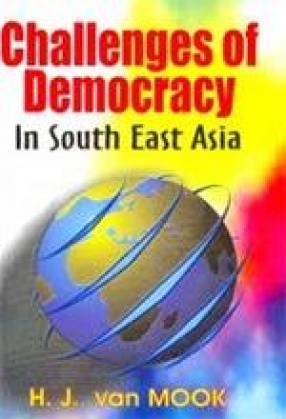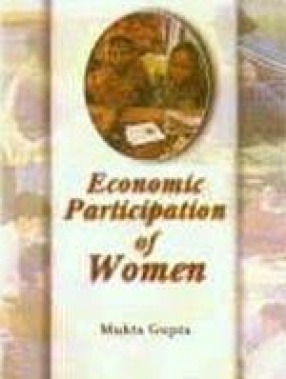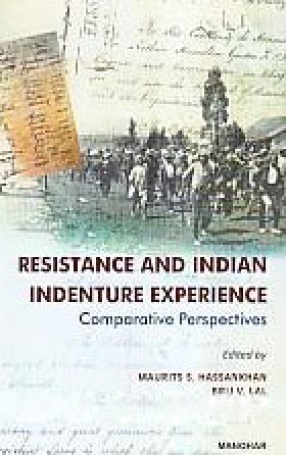In the main the nations having dependencies in southeast Asia seemed to agree in principle on the necessity of granting them national independence. In the words of the third clause of the Atlantic Charter, they “respect the right of all peoples to choose the form of government under which they will live.†But with regard to its practical implementation, to the intervening stages, and to the ultimate pattern, opinions differed and execution differed still more. The facts of each case, the interests involved, the political conditions both in the dependency and in the mother country, the international situation, and even the right of veto in the Security Council tended to deflect and obscure the common direction of policy. So we find the democracies criticizing and even attacking each other instead of trying to agree. And yet it is of vital importance that the democracies come to an understanding with regard to southeast Asia. For democracy itself is at stake in that part of the world. The facts in postwar Southeast Asia no longer allow that gradual schooling for nationhood which was the promise of the last half-century of the colonial era. The fulfillment of that promise was too often postponed, the resistance of vested interests has time and again caused too much delay, the suspicion of imperialism is too deep-seated. Sincerity of intentions no longer suffices; after having been the defenceless objective of the most grim colonial aggression, they demand the certainty of self-government. But those same facts force us to the conclusion that the assistance which the West can no longer give them in the form of colonial supervision or international trusteeship must be available and acceptable to them in voluntary association during the formative years of their independence, if they are to survive as free peoples and to be saved for the non-totalitarian, the democratic family for nations.
Economic Participation of Women
$47.50
$50.00





There are no reviews yet.